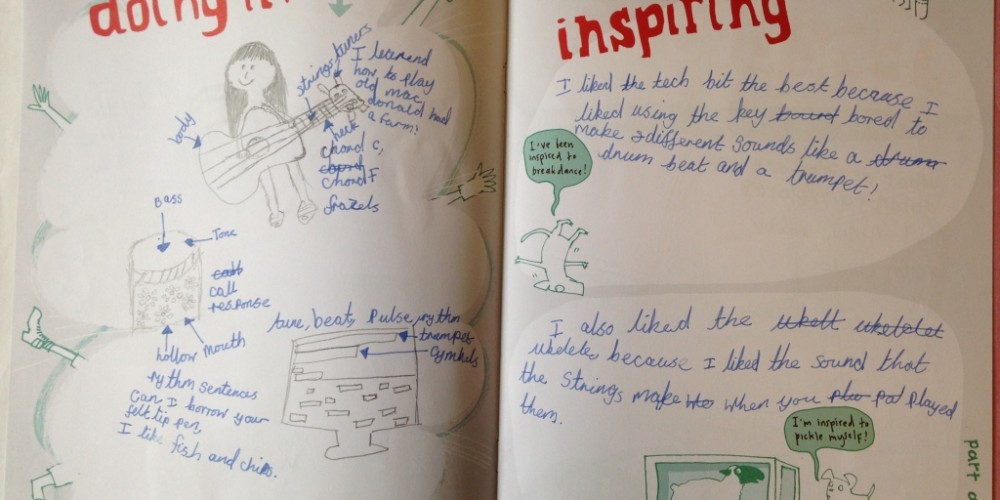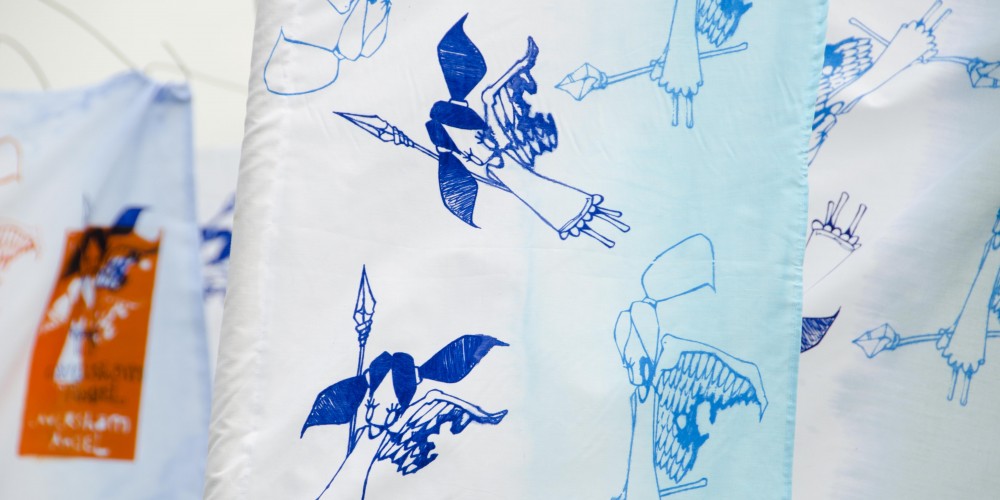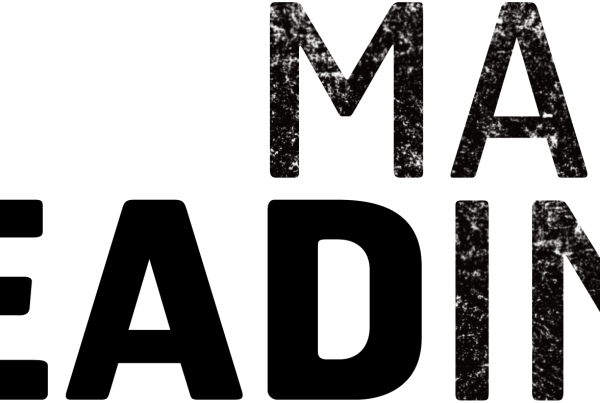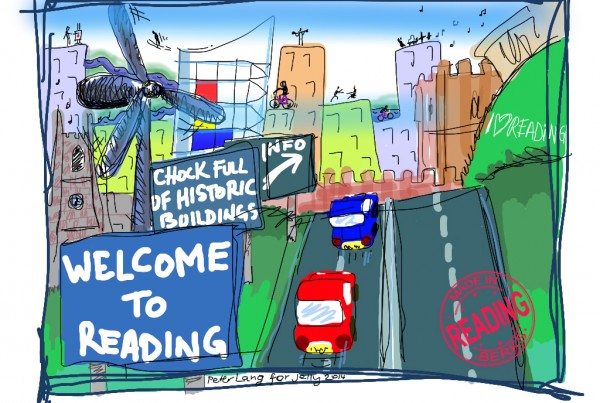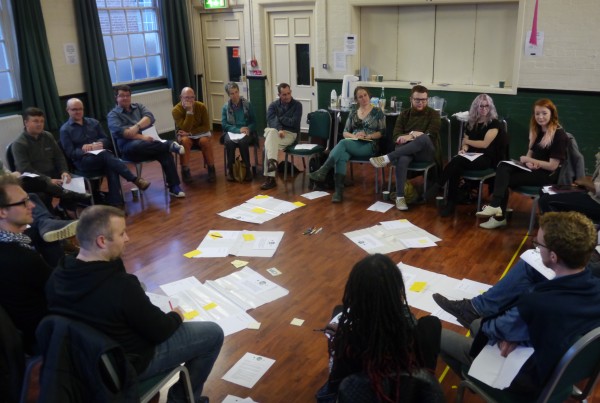The Reading CAN networking programme was supported by Artwork and facilitated by Readipop and Jelly from 2013-2015.
Reading needs a meaningful forum for local professional community arts organisations and practitioners to engage with each other and Reading council, local schools, youth organisations and other CYP agencies to ensure scarce funds are used effectively, opportunities are not missed and that local providers are visible to local commissioners. Reading’s arts and cultural sector has remained resilient in recent years with few changes in leadership despite the many changes in local government and arts funding.
Reading CAN is an open network for all who wish to get involved for the benefit of children and young people.
Network outcomes:
